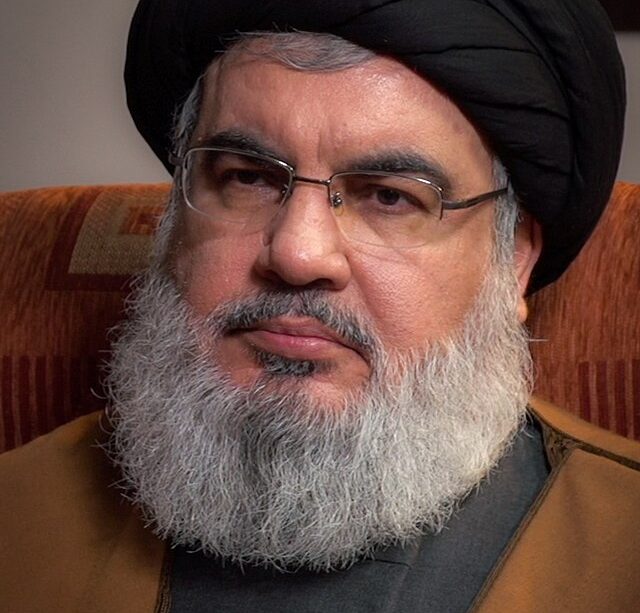The Impact of Hassan Nasrallah on Middle East Politics

Introduction
Hassan Nasrallah, the Secretary-General of Hezbollah, has been a prominent figure in Middle Eastern politics for decades. His influence extends beyond Lebanon, affecting regional relations and security dynamics. Understanding Nasrallah’s political maneuvers and rhetoric is essential for grasping current conflicts and alliances in the Middle East.
Recent Developments
In 2023, Nasrallah has made headlines following the renewed tensions between Israel and Hezbollah. In mid-October, Nasrallah delivered a speech celebrating the resistance against Israel, coinciding with an increase in hostilities in the Gaza Strip. He emphasized the importance of unity among Arab nations against perceived aggressions and called for a strengthened regional front.
His statements came amid the backdrop of Israel’s military operations in Gaza, which have sparked international debates about humanitarian concerns and escalations leading to broader conflicts. According to reports, Nasrallah claimed that Hezbollah would not hesitate to intervene in support of Gaza if the situation escalated beyond its current scope. This has raised concerns about a possible escalation between Lebanon and Israel.
Influence and Alliances
Nasrallah’s leadership has ensured Hezbollah’s position as a significant player not only in Lebanon but also in the broader Persian Gulf region. His relationship with Iran remains strong, which continues to be a critical factor in Hezbollah’s military and political strategies. The U.S. Department of State has classified Hezbollah as a terrorist organization, highlighting the international community’s concerns regarding the group’s activities and influence.
Moreover, Nasrallah has managed to maintain a degree of domestic support within Lebanon, often rallying his followers around narratives of resistance and anti-colonial sentiment. This domestic backing allows him to sustain Hezbollah’s political power in Lebanon’s complex political landscape, despite the country facing significant economic challenges.
Conclusion
Hassan Nasrallah’s role in Middle Eastern politics and his ongoing influence are likely to persist as key components of future regional dynamics. His recent statements and actions indicate that Hezbollah under his leadership remains ready to play an active role in shaping responses to Israeli actions. As the geopolitical landscape continues to evolve, Nasrallah’s strategies and alliances will be critical points of observation for analysts and policymakers, given their potential ramifications on regional security and cooperation.









